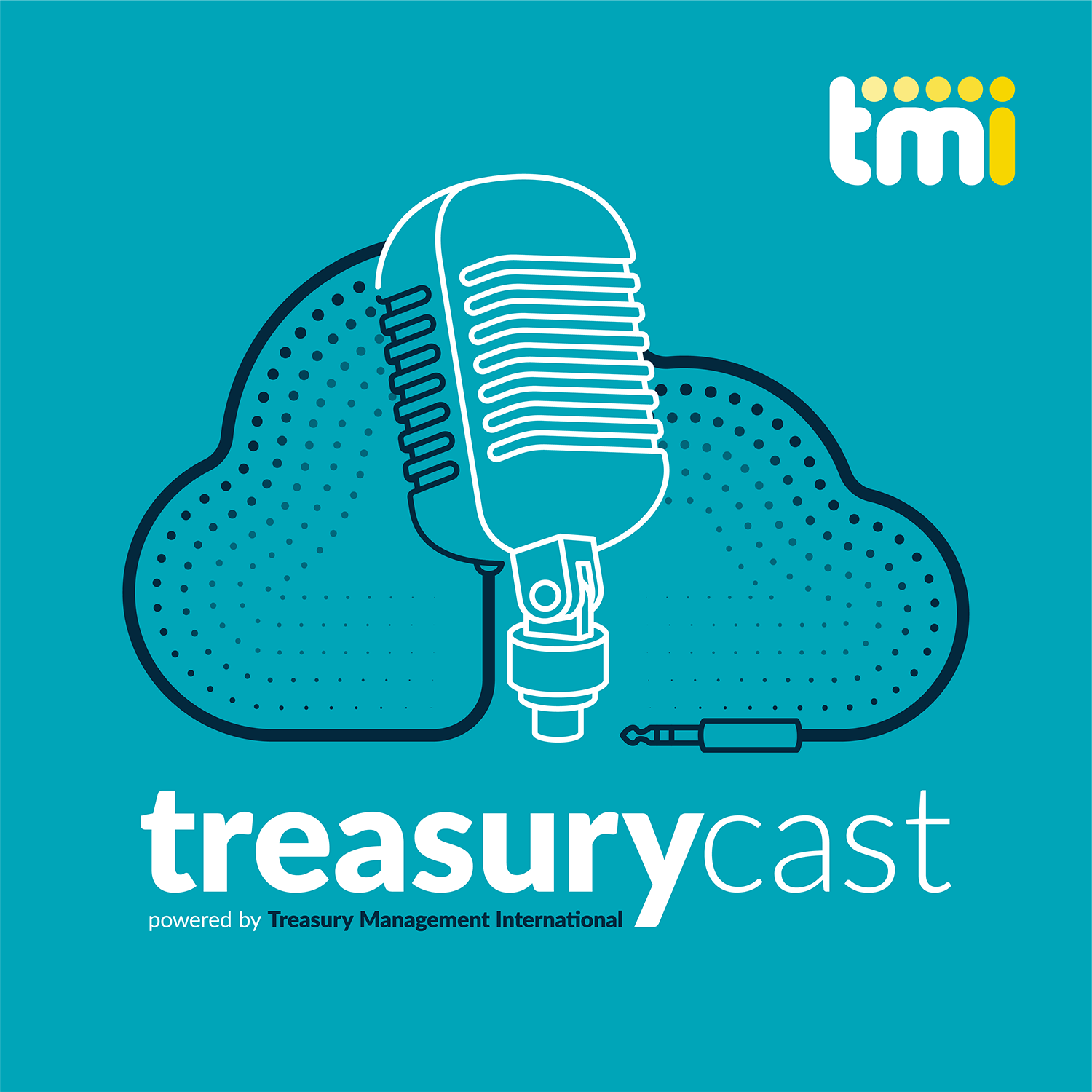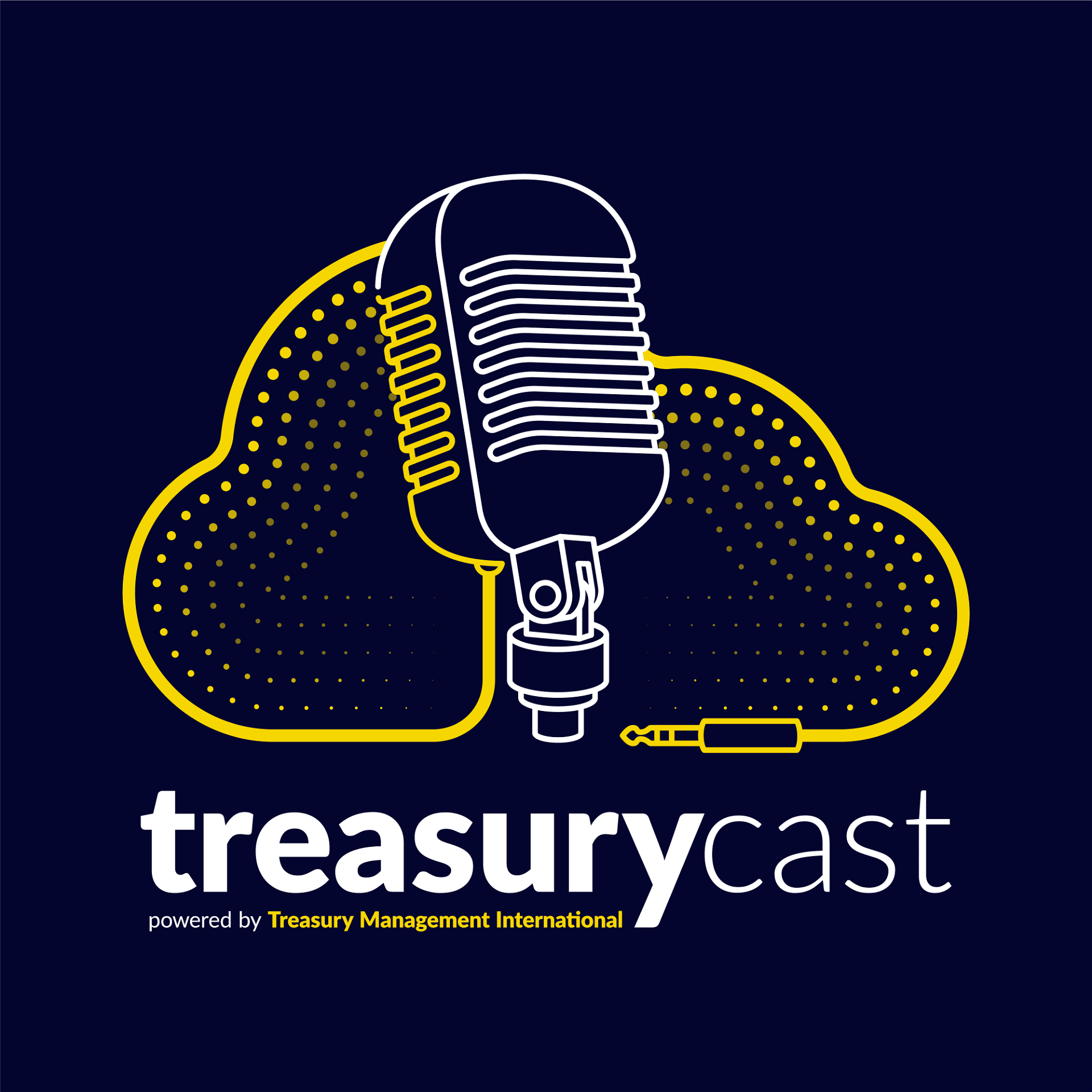- Risk appetite amongst investors remains stable in Q2 2014
- Investors most wary of Abenomics and inflation
- Other concerns include Ukraine crisis and Chinese hard landing
- Equities remain the most-favoured asset class, followed by real estate
- Use of multi-asset strategies expected to grow as investors look to mitigate risk
The latest findings from ING Investment Management’s Risk Rotation Survey(1) reveal that appetite for investment risk amongst institutional investors has stabilised over the past quarter. During Q2 2014, 41% of institutional investors said their appetite for investment risk had increased over the past six months, compared to 45% who said it had remained the same and 14% who said it had fallen. The corresponding figures for Q1 2014 are 42%, 39% and 19% respectively.
Despite a strong appetite for risk remaining, investors continue to be highly focused on managing it effectively and the research shows this is fuelling growth in multi-asset strategies. Investors stated that they expect assets under management in these strategies to grow by 18% between now and 2019.
Looking at the biggest risks posed to investment portfolios, the threat of Abenomics not delivering in Japan weighs heavily on investors’ minds, being labelled as ‘significant’ by nearly three quarters (72%) of respondents. This is followed by inflation at 46% – in spite of benign forecasts ranging from 1.24% to 1.97% in the coming months – the Ukraine crisis (42%) and a Chinese hard landing (41%).
Looking ahead to the next three to six months, equities continue to be the most favourable asset class with regard to risk versus return, being selected by more than half (59%) of respondents. This is in spite of an 11% decrease compared to responses from Q1 2014. Equities are followed by real estate (48%) and alternatives (47%) in terms of favourability. Commodities remain ‘unloved’ by investors, being selected by only 7% of respondents.
Valentijn van Nieuwenhuijzen, Head of Strategy Multi-Asset at ING Investment Management (ING IM), says: “There have been some underlying concerns throughout the past quarter, with Abenomics and inflation continuing to cause debate. It is therefore no surprise to see that these issues are affecting investors’ attitudes to risk. However, it would appear that these issues have not significantly dampened their appetite to risk, with 41% of the respondents in our quarterly risk perception index claiming that they had increased their exposure to risky assets in the past six months.”
In terms of investment strategies, real estate and alternatives are viewed as the most effective strategies of balancing out risk and return, being chosen by 43% and 41% of respondents respectively. Multi-asset strategies, such as balanced and total return, are currently favoured by just under a third (29%) of investors, although ING IM expects this to change over the coming years. Indeed, almost three quarters (73%) of investors expect the use of multi-asset strategies within their portfolios to help manage risk to increase over the next five years.
van Nieuwenhuijzen continues: “Multi-asset strategies are certainly becoming more popular amongst investors due to their inherent low risk coupled with the potential for high returns in a low-yield environment. Inevitably, this has led to a surge in fund launches promoting a multi-asset approach and we believe that this approach will become more popular in the coming years. Indeed, ING IM’s multi-asset total return fund – the First Class Multi Asset Premium fund – which was launched to help investors generate alpha in volatile market conditions, has received significant interest since its launch in April of this year.”
Looking at geographical regions in terms of risk versus return, investors believe the best investment opportunities are: the US, which remains the most attractive region having been selected by 70% of respondents, followed by the Eurozone at 60%, Emerging Markets with 56% and the UK with 39%. Less than a quarter (24%) of investors found Japan attractive. 59% of respondents expect an EM asset recovery in the next 3-6 months.
[1] Findings revealed in ING IM’s own research, a survey carried out by Citigate Dewe Rogerson amongst 111 international institutional investors in June 2014





